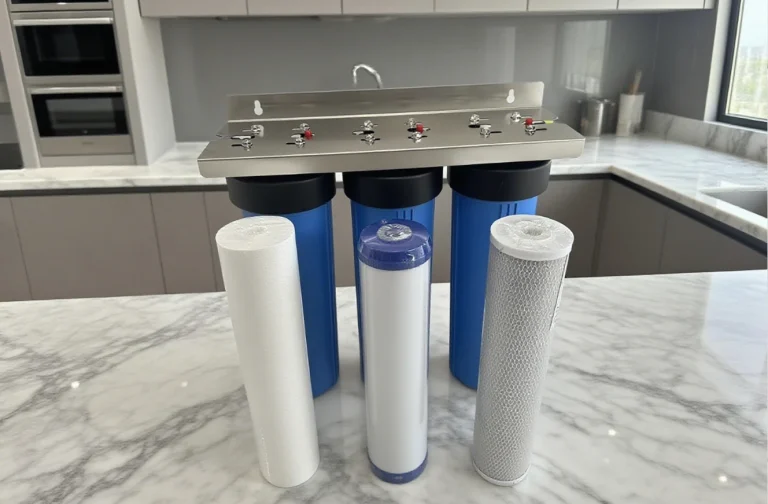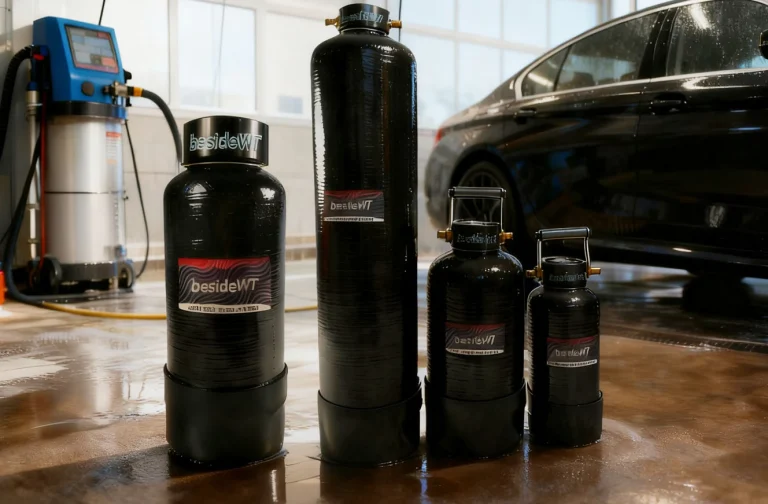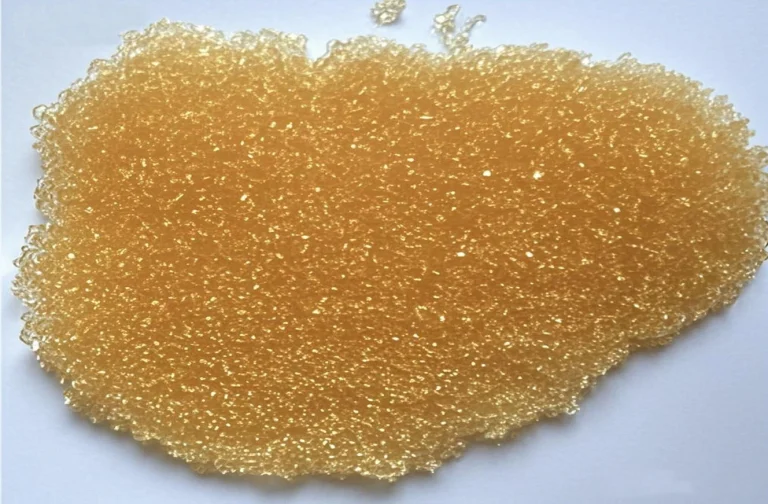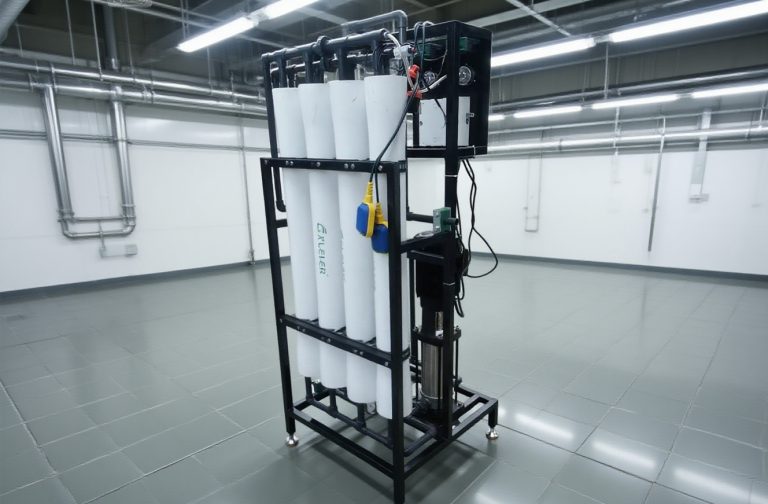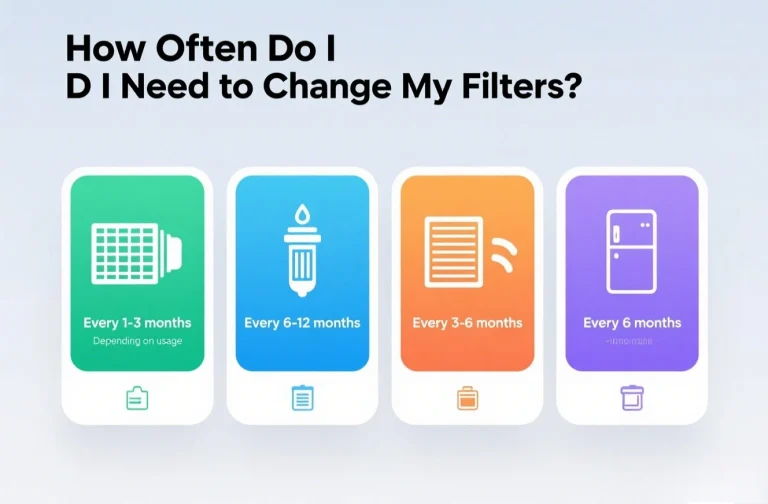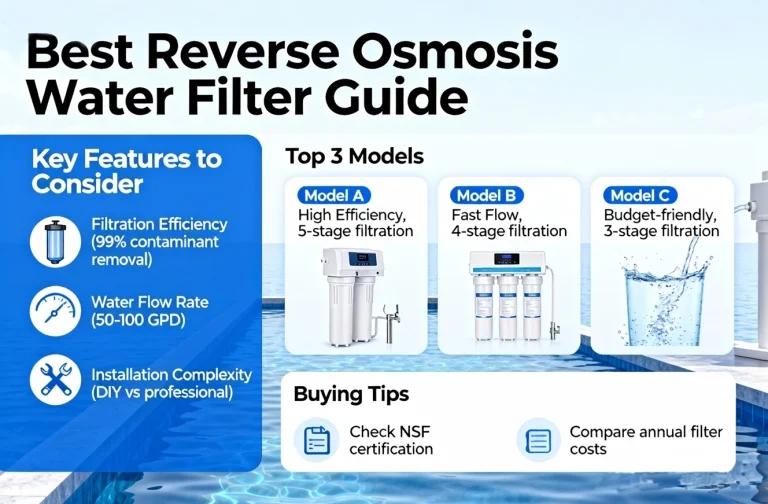BasideWT- Whole Home Water Filtration System & Replacement

How Much is Whole House Water Filtration? A Comprehensive Guide to Understanding Costs and Benefits
When it comes to maintaining the health and safety of your home, ensuring that your water is clean and free from harmful contaminants is crucial. So, how much is whole house water filtration? The cost of installing a whole-house water filtration system can vary significantly depending on several factors, such as the type of system, the size of your home, and the specific contaminants in your water supply. In this guide, we will explore the costs involved, different types of filtration systems, and the long-term benefits of investing in one for your home.
What Affects the Cost of Whole House Water Filtration?
Before diving into the specifics, it’s important to understand that the price of whole-house water filtration systems is not fixed. It varies depending on several factors that play a key role in determining the final cost. These include:
1. Type of Filtration System
Whole house water filtration systems come in a variety of types. The most common include:
- Activated Carbon Filters: Effective at removing chlorine, volatile organic compounds (VOCs), and other chemicals.
- Reverse Osmosis (RO) Systems: These systems are designed to remove a wide range of contaminants including bacteria, lead, and pesticides.
- UV Purifiers: These use ultraviolet light to kill bacteria and viruses in the water.
- Whole House Softening Systems: Primarily aimed at reducing water hardness by removing minerals like calcium and magnesium.
Each type of filtration system has a different cost range. For example, activated carbon filters might cost between $500 to $2,000, whereas a whole-house reverse osmosis system can range from $2,000 to $6,000.
2. Size of Your Home
The size of your home significantly impacts the price of installation. Larger homes require more extensive filtration systems to ensure that every faucet and water outlet receives clean, filtered water. A smaller home might only need a basic system, while a larger property could need a more complex and expensive system with multiple stages of filtration.
3. Installation Costs
In addition to the cost of the filtration system itself, you will also need to factor in installation costs. Professional installation typically ranges from $500 to $2,500, depending on the complexity of the system and the location of your home’s plumbing. While DIY installation is possible for some systems, it is generally recommended to hire a professional to ensure proper installation and optimal system performance.
How Much Does Whole House Water Filtration Cost on Average?
The average price for installing a whole-house water filtration system typically ranges from $1,000 to $5,000, with most homeowners spending around $2,000. This price generally includes both the cost of the filtration unit and professional installation. However, it is essential to understand that ongoing maintenance and replacement filters will add to the overall cost over time.
Maintenance Costs: Are They Worth It?
Maintaining a whole-house filtration system is critical for its continued efficiency. For example, activated carbon filters need to be replaced every 6 to 12 months, while reverse osmosis membranes may last 2 to 5 years, depending on usage and water quality. The replacement costs for filters generally range from $50 to $300 per year.
4. Water Quality in Your Area
The quality of the water in your area plays a significant role in determining the type of system you need. For instance, if you live in an area with hard water, a water softening system may be essential. If your water has high levels of chlorine or pesticides, an activated carbon or reverse osmosis system may be necessary. Areas with frequent water contamination events might require advanced filtration technologies, such as UV systems, which can increase costs.
Benefits of Whole House Water Filtration: Why It’s Worth the Investment
Many homeowners wonder whether the high initial cost of a whole-house water filtration system is justified. In reality, the benefits far outweigh the initial investment. Here are some reasons why it’s worth considering:
1. Healthier Drinking Water
A whole-house filtration system ensures that all water entering your home is free from harmful contaminants, including bacteria, lead, chlorine, and other chemicals. This provides peace of mind, especially for families with young children or elderly members, who are more vulnerable to waterborne illnesses.
2. Improved Skin and Hair Health
Chlorine and other chemicals in tap water can damage your skin and hair over time. A high-quality water filtration system reduces these harsh chemicals, leading to softer skin and healthier hair. This benefit alone can make the cost of installation worth it, particularly for those who have sensitive skin.
3. Longer Appliance Lifespan
Hard water can cause mineral buildup in appliances like dishwashers, washing machines, and water heaters, leading to reduced efficiency and shorter lifespans. A whole-house filtration system can prevent mineral deposits from forming, saving you money on repairs and replacements in the long run.
4. Better-Tasting Water
Filtered water tastes better than unfiltered tap water, which often contains chlorine, minerals, and other impurities. With a whole-house filtration system, you can enjoy clean, refreshing water straight from the tap, without the need for bottled water or costly pitchers.
Case Study: A Real-World Example of Whole House Water Filtration Savings
To illustrate the long-term value of whole-house water filtration, let’s take a look at the case of a family in suburban Texas. The family noticed their skin was dry and irritated, their appliances were breaking down more frequently, and their water tasted unpleasant. After installing a whole-house filtration system, they noticed significant improvements:
- Health Benefits: The family’s skin irritation disappeared within a few weeks.
- Appliance Durability: The lifespan of their water heater increased by 3 years, saving them over $1,500 in replacement costs.
- Water Quality: The water tasted much better, and the family no longer needed to buy bottled water.
In this case, the family initially invested $3,000 in the filtration system. Over the course of five years, they saved thousands in appliance repairs and medical costs, not to mention the environmental benefits of reducing plastic waste by eliminating bottled water consumption.
Alternatives to Whole House Water Filtration: What Are Your Options?
While whole-house filtration systems are an excellent choice for many homeowners, they are not the only option. For those on a budget or with less complex water filtration needs, point-of-use systems, such as faucet filters or under-sink filters, may provide a more affordable solution.
1. Faucet Water Filters
These small, easy-to-install filters are an affordable option for improving the quality of drinking and cooking water. They typically cost between $30 and $100 and can be replaced every 2 to 6 months.
2. Under-Sink Filtration Systems
These systems are more comprehensive than faucet filters and can provide high-quality water for drinking and cooking. They typically range from $200 to $1,000, depending on the type of filter and brand.
While these alternatives can improve water quality at a lower initial cost, they don’t offer the same level of convenience and coverage as a whole-house filtration system.


